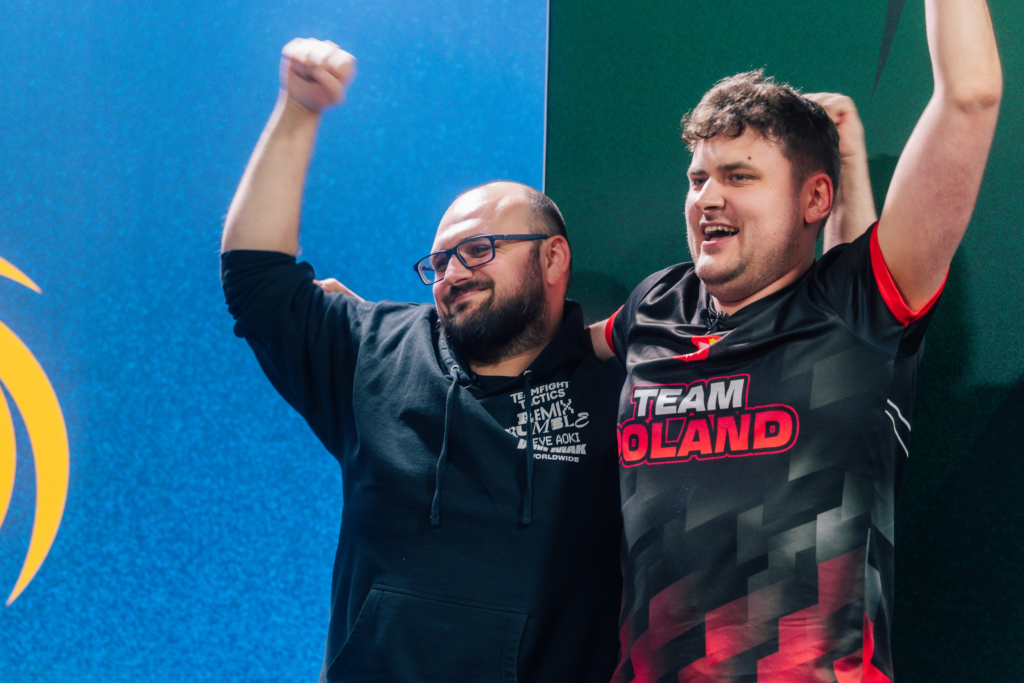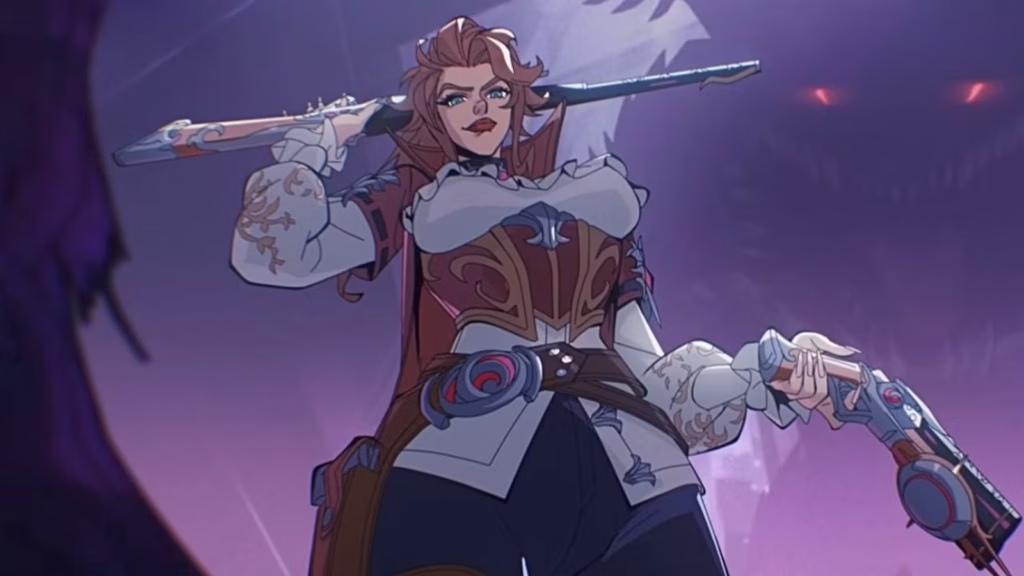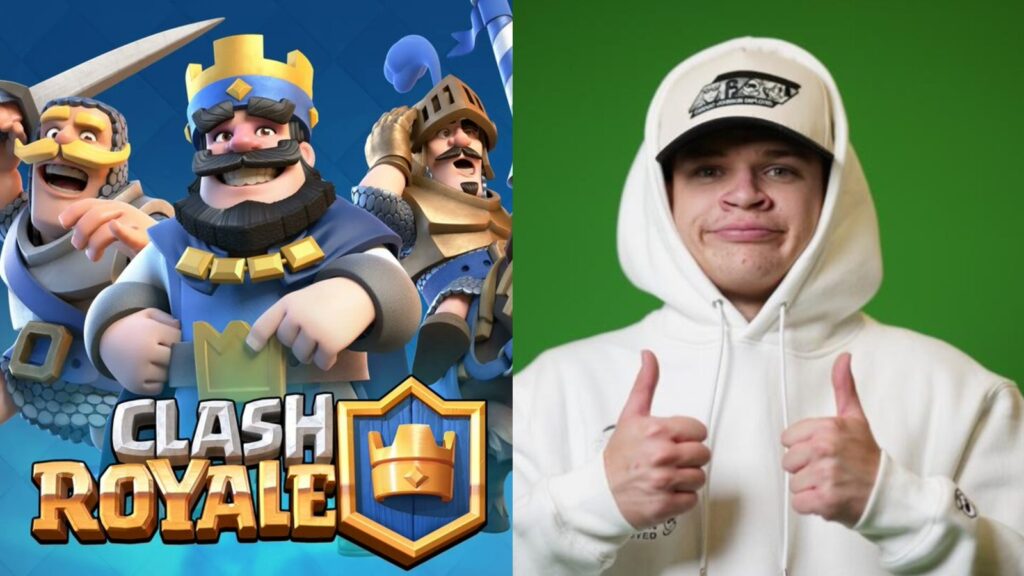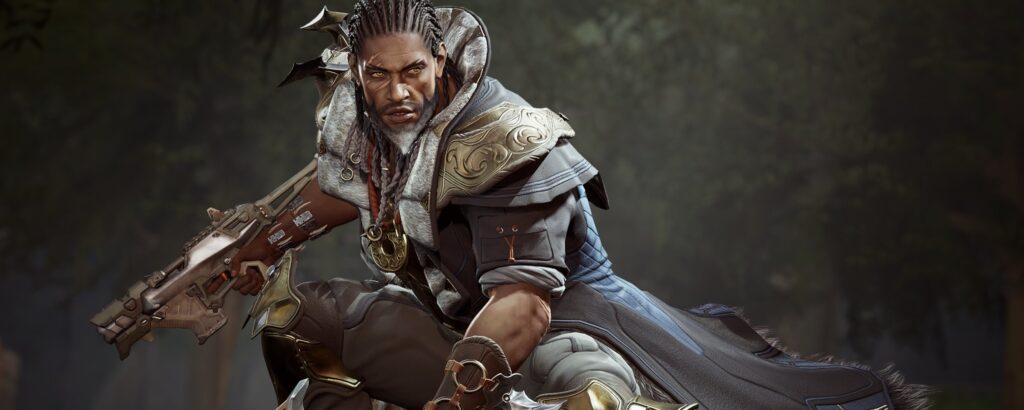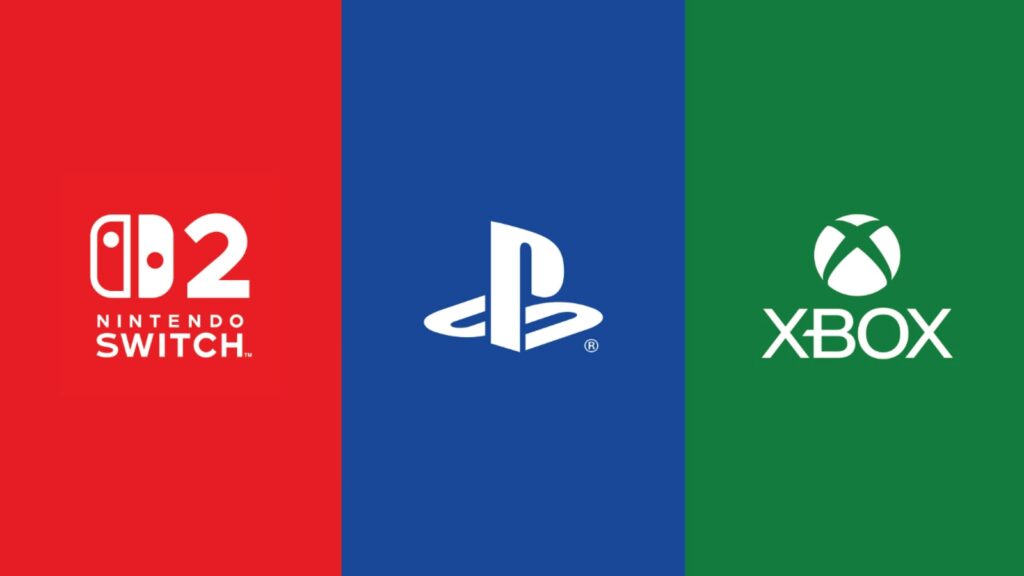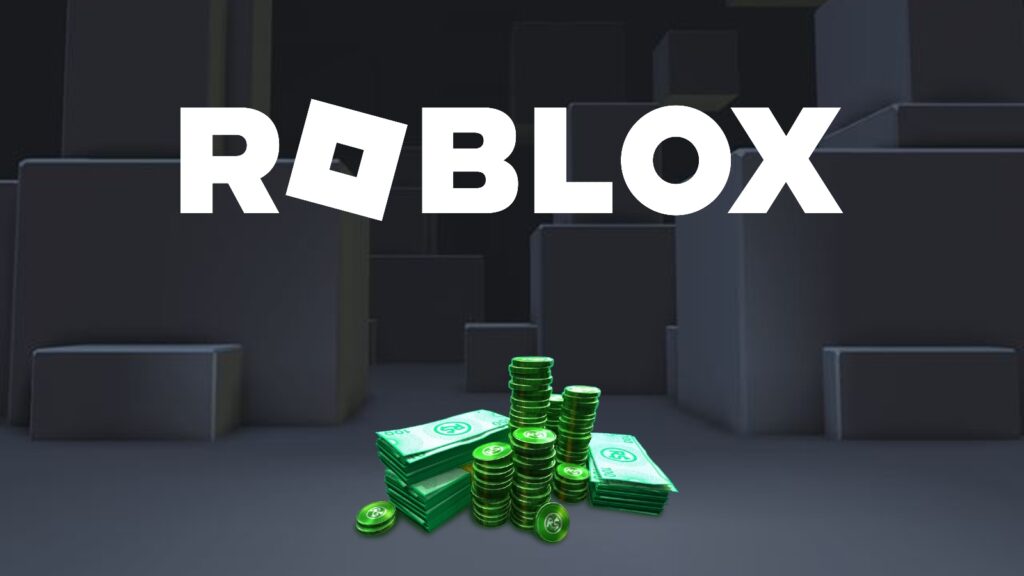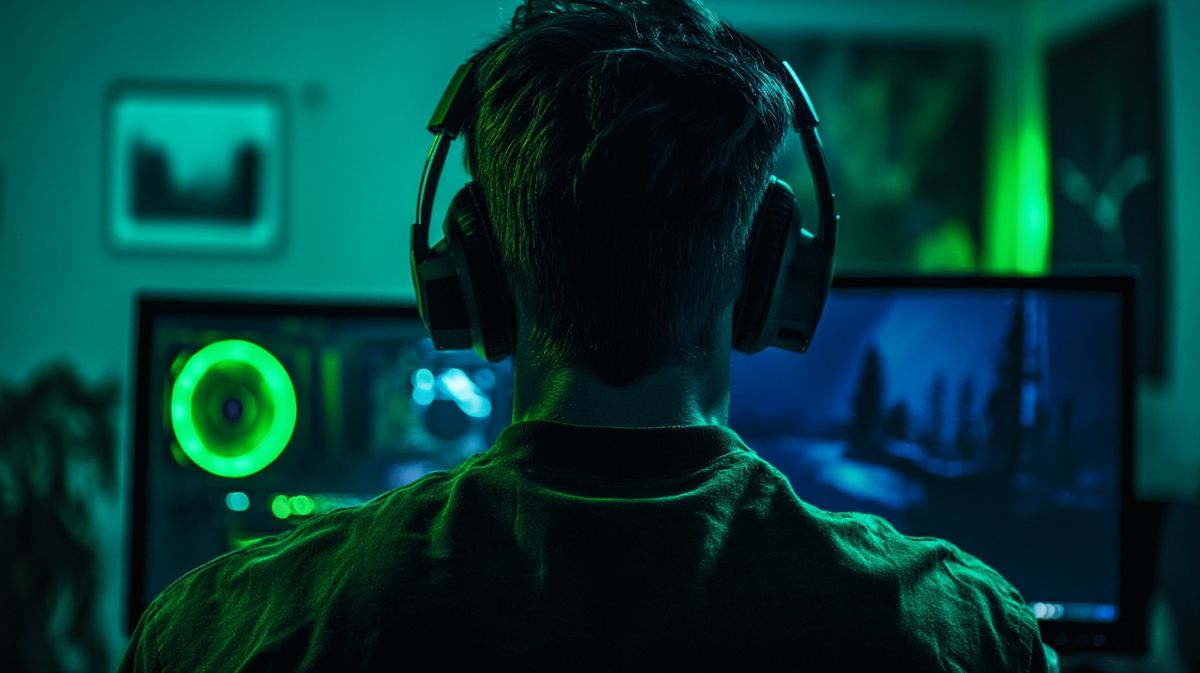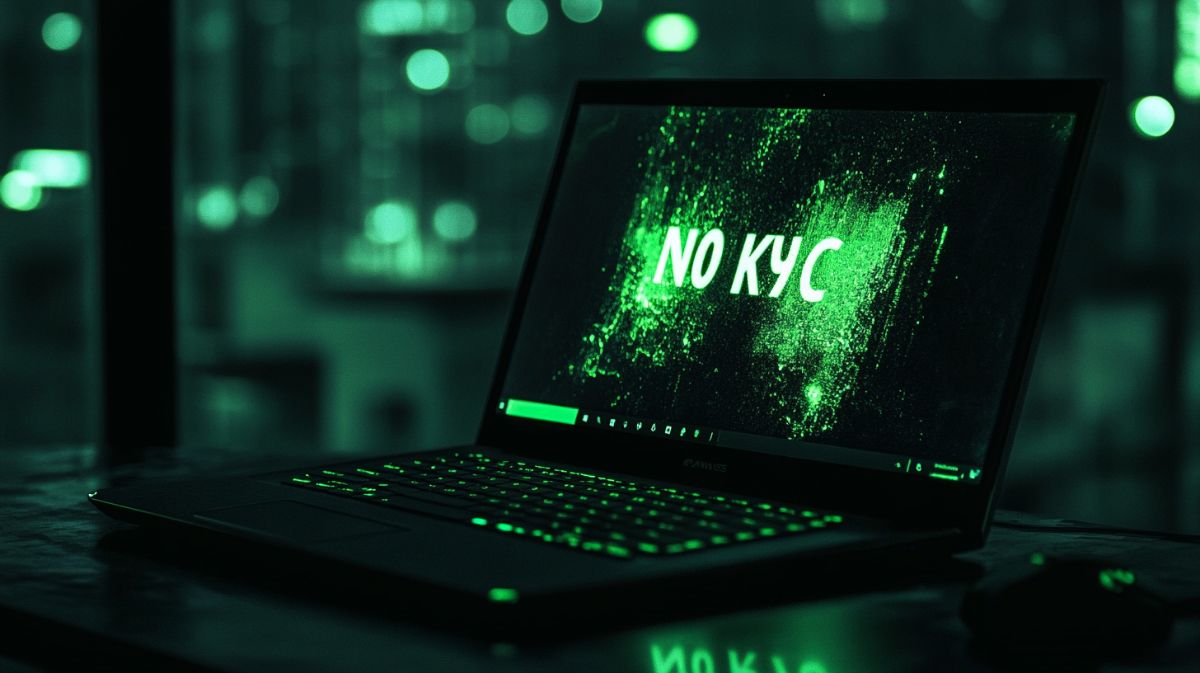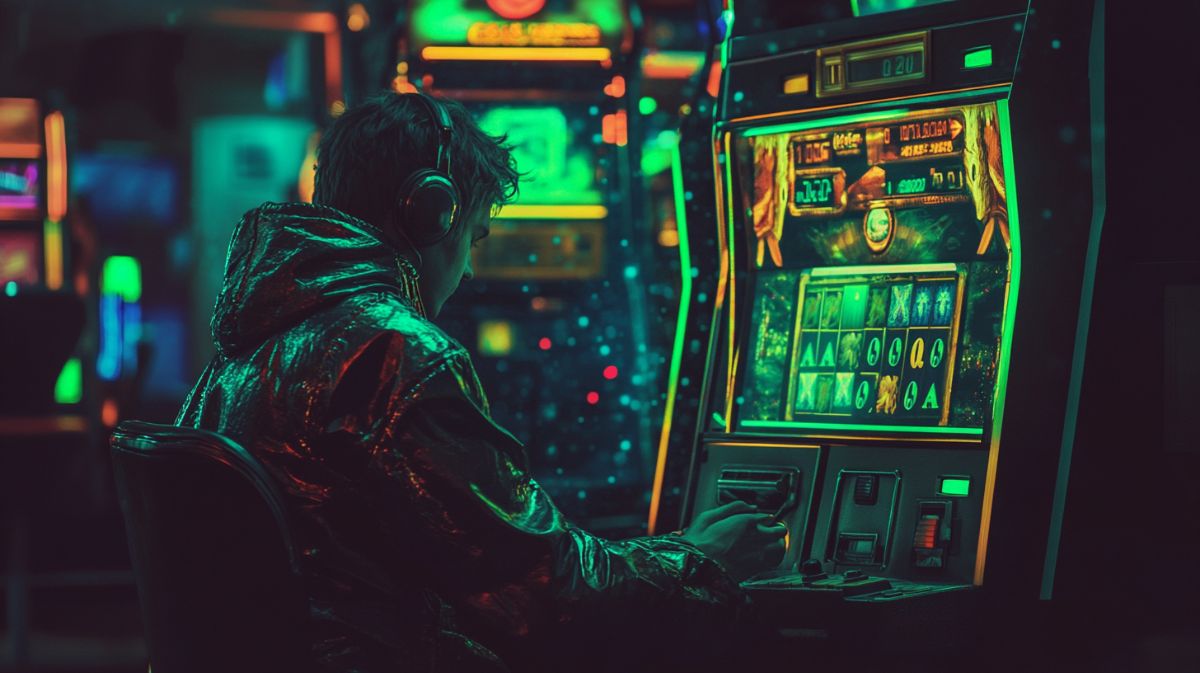How to Play the Final Fantasy Games in Order
Final Fantasy games don’t have an order, as few of the mainline games are connected and apart from spinoffs and sequels, there’s not much in the way of continued storytelling. That said, there’s definitely some orders you can try out.
While there are definitely better ways to start playing Final Fantasy, the production order is probably the go to way to experience the series. This takes you through Square’s humble beginnings with Final Fantasy games in the 80s, to its peaks in the 90s and 2000s.

In what order should you play the Final Fantasy games?
We’ve offered some suggestions of what order to play the Final Fantasy games in. Another way you could experience the Final Fantasy games is to play them in the original production order.
Below is a list of Final Fantasy games in production order, based on their original Japanese release date. The two MMO titles, Final Fantasy XI and Final Fantasy XIV have been omitted from this list, as MMOs have a more long-term play style that isn’t sequential.
Final Fantasy (1987)
The first Final Fantasy games sets down a lot of the foundations of the series, with Warriors of Light fighting fiends and rescuing princesses from the evil Garland. These terms would repeat in many subsequent games, so it’s a great start point for your Final Fantasy journey.
Final Fantasy II (1988)
The second Final Fantasy game cemented the traditional battle system, but also added two of the most iconic elements of the series: Chocobos and having an inventor/pilot character called Cid.
Final Fantasy III (1990)
Like Final Fantasy II before it, III focused on orphans, and orphaned characters would become a staple of the series. This is also the first Final Fantasy to focus on elements of the Crystal of Light, a recurring visual in the series.
Final Fantasy IV (1991)
The first game with the Active Time Battle system that would define the Final Fantasy series for decades to come, this game also created the most traditional ideal of the Dragoon job that would feature heavily in future Final Fantasy games.
Final Fantasy V (1992)
Often seen as a forgotten Final Fantasy title due to being overshadowed by many of its sequels, Final Fantasy V is also the first game to feature the recurring miniboss Gilgamesh, who has become a FF staple character and antagonist.
Final Fantasy VI (1994)
Consoles for many years, as the increased hardware requirements made subsequent games incompatible for cartridges. However, this is still a long, ambitious game that’s definitely worth playing.
Final Fantasy VII (1997)
Perhaps most well-known and beloved in the series, Final Fantasy VII is the first 3d entry into the series, and made many iconic characters that are still remembered today. It spawned multiple spin-offs and recently a series of remakes.
Final Fantasy VIII (1999)
Following Final Fantasy VII is no easy feat, but FFVIII managed to have a different tone and a unique setting that pushed it apart from its iconic predecessor. However, with some mechanical eccentricities, this title can be difficult even for experience FF players to enjoy.
Final Fantasy IX (2000)
A return to a more cutesy art style didn’t stop Final Fantasy IX from dealing with deep philosophical topics like the nature of existence. This is definitely a must-play if you love Final Fantasy, and want a cross between traditional 2D and 3D advances.
Final Fantasy X (2001)
The best-selling Final Fantasy of all time, Final Fantasy X plays host to a campy love story, some complex and bizarre lore, and cheesy voice acting (as well as being the first FF game to feature voice acting). Still it’s a delightful story that must be experienced.
Final Fantasy X-2 (2003)
The sequel to Final Fantasy X capitalized on its predecessor’s popularity with a bold new direction. The shift in tone was jarring for many, but arguably this kind of game would have been much more popular if released today, with the bold decision to focus on female characters and Japanese Idol culture allegories.
Final Fantasy XII (2006)
The first mainline game to dive into the world of Ivalice, Final Fantasy 12 is a love letter to the PS2, pushing it to its absolute limits in this beautiful game.
Final Fantasy XII: Revenant Wings (2007)
The sequel and expansion to Final Fantasy XII, Revenant Wings adds new characters and expands the world of Ivalice even further.
Crisis Core: Final Fantasy VII (2007)
A prequel to VII focusing on Zack, the game gives a lot of context for the original Final Fantasy VII story, while also being a solid action role-playing game. In many ways, this would be the testing ground for modern Final Fantasy games.
Final Fantasy XIII (2009)
A stylish and groundbreaking Final Fantasy game, and the first mainline non-MMO title on the PS3, Final Fantasy XIII is fondly remembered due to its incredible graphics. However, its story is sometimes criticized as lacking focus.
Final Fantasy XIII-2 (2011)
The direct sequel to Final Fantasy XIII, this game allowed you to capture monsters and use them in battles in the future.
Lightning Returns: Final Fantasy XIII (2013)
The final entry into the Final Fantasy XIII brings Lightning’s story to a close as she navigates a world reborn.
Final Fantasy XV (2016)
A huge leap forward in graphical fidelity and quality, FInal Fantasy XV’s focus is the free-roam gameplay and road-trip aesthetic.
Final Fantasy VII Remake (2020)
A retelling of the first portion of the Final Fantasy VII story with an action RPG spin that upgrades the graphics and dives deeper into the characters.
Stranger of Paradise: Final Fantasy Origin (2022)
A prequel to the very first Final Fantasy game, Stranger of Paradise is a campy exploration of Garland’s rise to villain-hood.
Crisis Core: Final Fantasy VII Reunion (2022)
A remaster of Crisis Core: Final Fantasy VII for those who missed the PSP exclusive, this title allows you to explore more of the world of FFVII.
Final Fantasy XVI (2023)
A dive into a dark fantasy world where humans are attacked by Eikons who threaten to destroy the world of Valisthea.
Final Fantasy VII Rebirth (2024)
The second entry into the remake series of Final Fantasy VII, this entry focuses more on a dramatic open world and the growing bond between the characters.
Read also: Best Games like Final Fantasy
Modern Remaster and Remake Chronological Play Order
An alternative way to experience all the Final Fantasy games would be to play their remakes in chronological order. Most of the Final Fantasy games don’t have a connection, but in a few cases, there are multiple entries into the world. Below we’ve put together a chronological play order.
- Stranger of Paradise: Final Fantasy Origin (2022)
- Final Fantasy I-VI Pixel Remaster (2021)
- Final Fantasy VII PC release (2013)
- Crisis Core: Final Fantasy VII Reunion (2022)
- Final Fantasy VII Remake (2020)
- Final Fantasy VII Rebirth (2024)
- Final Fantasy VIII Remaster (2019)
- Final Fantasy IX PC Release (2016)
- Final Fantasy X/X-2 HD Remaster (2016)
- Final Fantasy XII The Zodiac Age (2018)
- Final Fantasy XIII (2009)
- Final Fantasy XIII-2 (2011)
- Lightning Returns: Final Fantasy XIII (2013)
- Final Fantasy XV (2016)
- Final Fantasy XVI (2023)
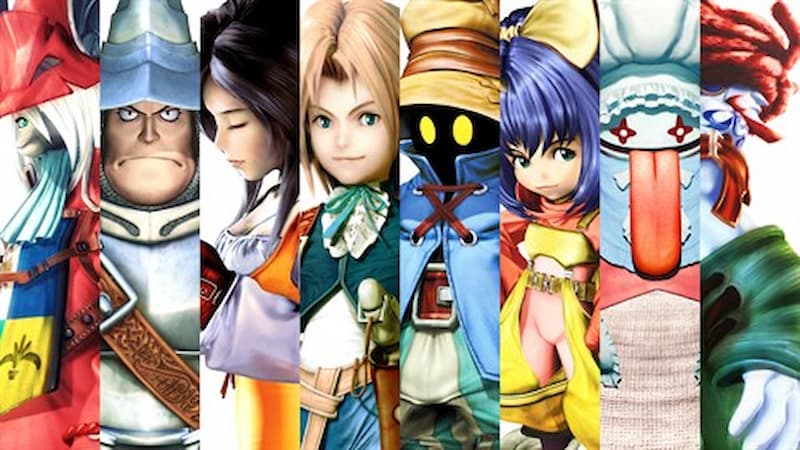
Ivalice Pit Stop
Final Fantasy XII is set in the world of Ivalice, and actually has a number of games in that series. Before you play Final Fantasy XII it might be good to play all of the games in that series, so you can fully immerse yourself in that world. In which case here’s the order for those games:
- Final Fantasy Tactics: The War of the Lions (2007)
- Vagrant Story (2000)
- Final Fantasy Tactics Advance (2003)
- Final Fantasy Tactics A2: Grimoire of the Rift (2003)
- Final Fantasy XII The Zodiac Age (2018)
Read next: What is the best Final Fantasy Story?
